|
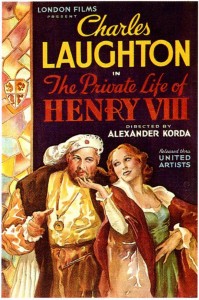
Synopsis:
After ordering the execution of his second wife (Merle Oberon), King Henry VIII (Charles Laughton) marries a series of women in succession — Jane Seymour (Wendy Barrie), Anne of Cleves (Elsa Lanchester), Katherine Howard (Binnie Barnes), and Katherine Parr (Everley Gregg).
|
|
Genres, Themes, Actors, and Directors:
- Biopics
- Charles Laughton Films
- Elsa Lanchester Films
- Historical Drama
- Marital Problems
- Merle Oberon Films
- Robert Donat Films
- Royalty and Nobility
Response to Peary’s Review:
Peary accurately refers to Alexander Korda’s Oscar-winning biopic (the first internationally acclaimed British film) as “creaky but still delightful”. Charles Laughton literally burst onto the screen (and immediately won an Oscar) in a larger-than-life yet memorably nuanced portrayal as the infamous monarch with multiple wives.
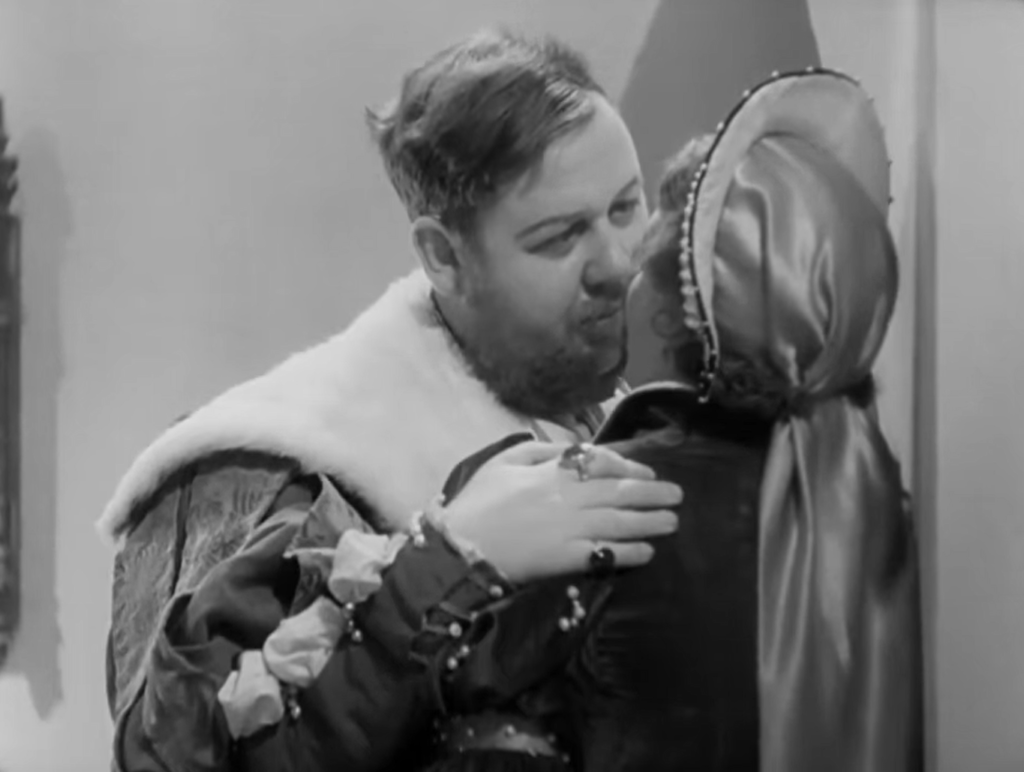
As its title suggests, the film “centers less on Henry’s politics than on his personal relationships”, emphasizing the “human, typical-husband side of Henry” as he cycles through a series of wives for one reason after the other. (Only his first wife, Catherine of Aragon, is missing from the remarkably economical 1.5 hour screenplay; she’s simply mentioned at the beginning of the film as “too respectable to spend time on”.)
The screenplay is surprisingly risque, with much made of King Henry’s need to sire a male heir (or two, or three) for the crown; indeed, his sexual appetites — and the ramifications they have for the very survival of his kingdom — serve as the foundation of the entire film. The best, all-too-brief scenes are between Laughton and his real-life wife, Lanchester, who gives a truly fearless performance as a woman supposedly too ugly for Laughton to stomach (though I’ve never been convinced that Lanchester is anything less than stunning, in her own quirky fashion). Her clever machinations on her wedding night, as she swiftly works to prevent Laughton from bedding her, are classic evidence of feminine wiles at work; she manages to maintain not just her head but her lover and her previous existence — in noticeable contrast to foolish Binnie Barnes’ Katherine Howard, a socially ambitious noblewoman who openly makes a fool of Laughton, at her own expense.
Redeeming Qualities and Moments:
- Charles Laughton as Henry VIII
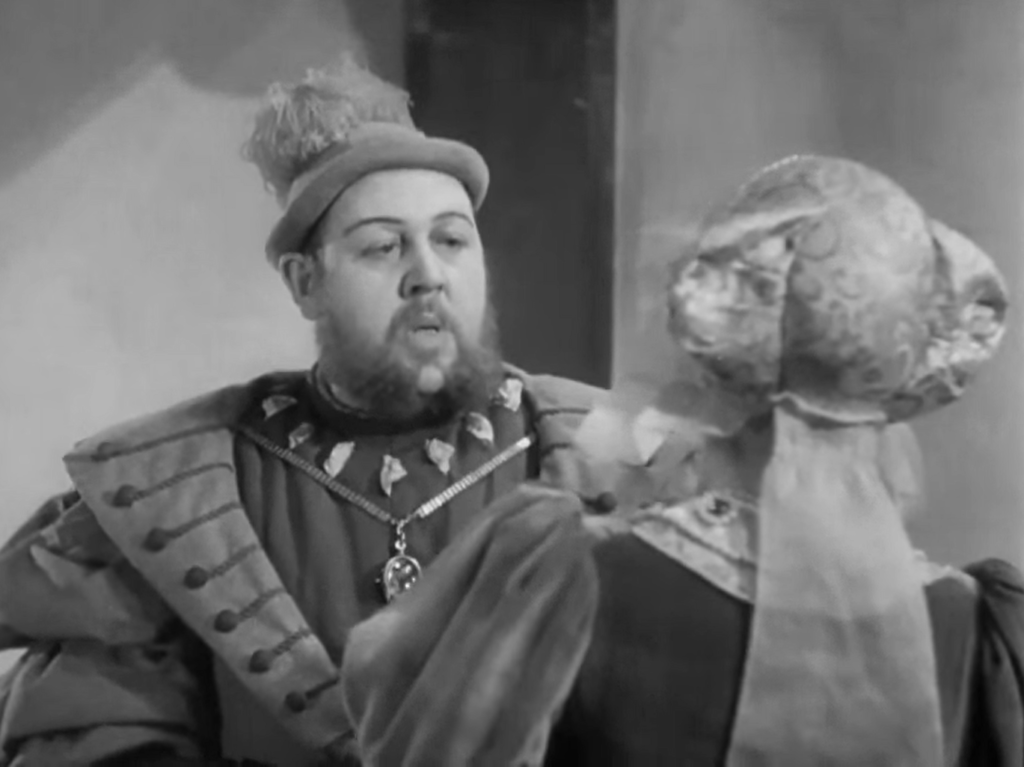
- Elsa Lanchester as Anne of Cleves
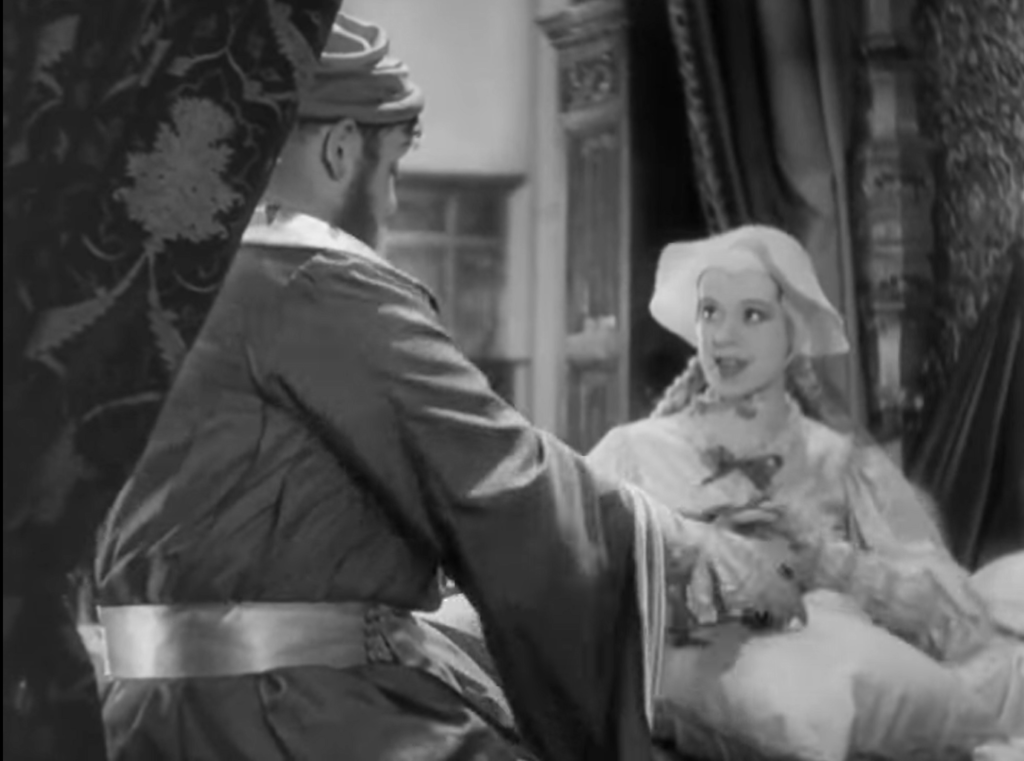
- Binnie Barnes as Katherine Howard
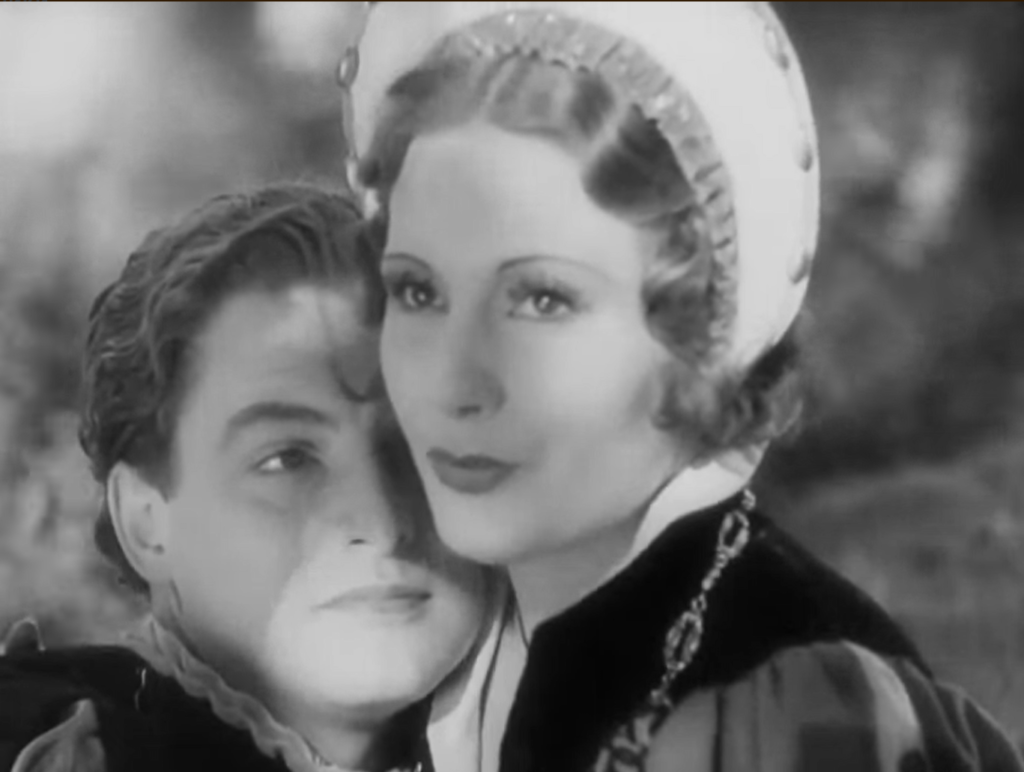
- Fine cinematography and sets
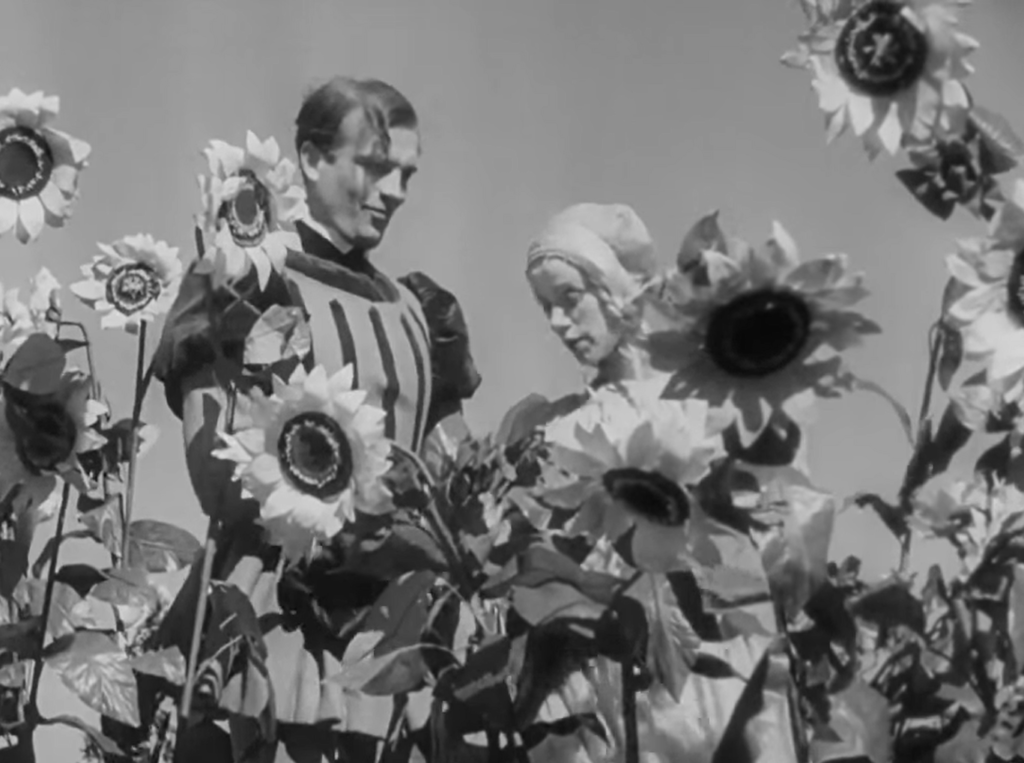
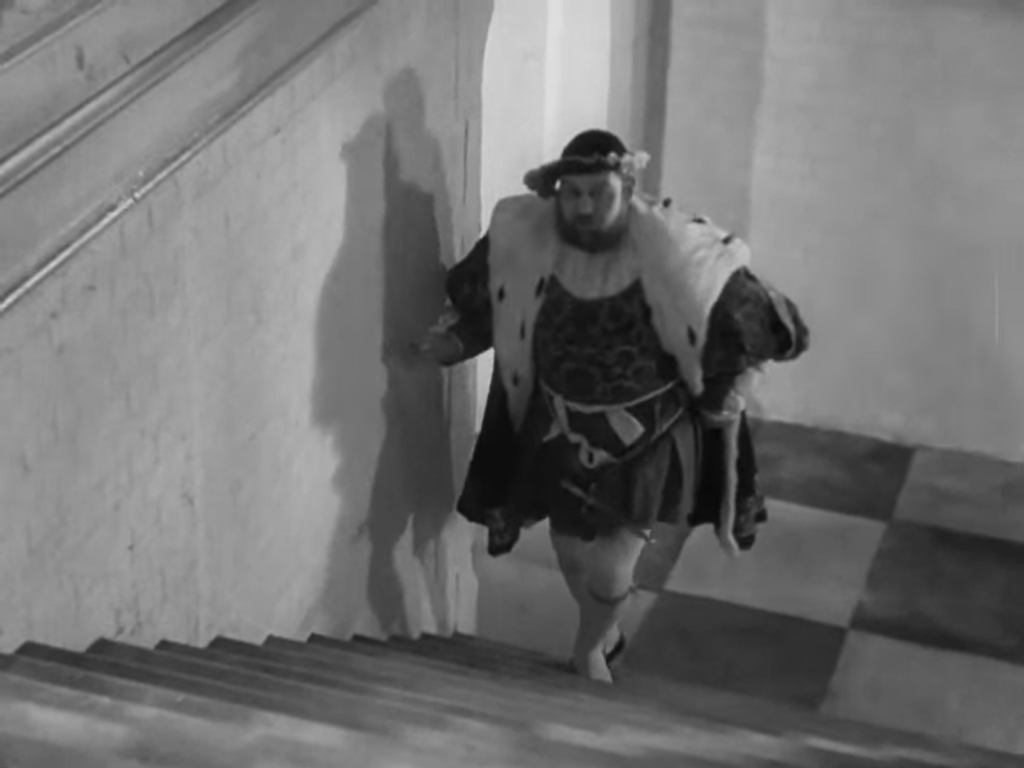
- A clever, often wittily racy script
Must See?
Yes, as an Oscar winning film with historical importance.
Categories
- Historically Relevant
- Noteworthy Performance(s)
- Oscar Winner or Nominee
Links:
|
One thought on “Private Life of Henry VIII, The (1933)”
A once-must for the performances by Laughton and Lanchester. One wonders just how well the film would hold up today if it weren’t for what these two bring to it. Overall, the film is reasonably engaging and some of the supporting players are fine but it doesn’t particularly have that much fire to it.
However, from his first, commanding entrance, Laughton is compelling and we’re always interested in watching him. Particularly in his sequences with Lanchester, who reveals herself quite the comedienne with wonderful timing. Their wedding night – in which they resort to playing cards, with Laughton losing, and then proceed to the most charming and amicable of divorce agreements – is the film’s decided highlight; nothing else in the film quite measures up to it. However, they also have a brief reunion scene at the end which is rather pleasant.
The film’s last scene shows a somewhat glum and resigned Laughton still leaving us impressed and satisfied with his carnal and bellowing portrait.